Introduction to Forging Steel Balls and Casting Steel Balls
1. Forged Steel Ball VS. Casting Steel Ball
1.1. What is a Forged Steel Ball?
Forged steel balls are robust grinding media used primarily in the mining industry to crush and grind ores. They are manufactured using a high-temperature forging process, which ensures superior mechanical properties and high wear resistance. The forging process involves heating steel rods or bars to a specific temperature and then shaping them into balls using a forging hammer or press. This method imparts high density, toughness, and uniform hardness throughout the ball, making them ideal for heavy-duty grinding applications.
1.2. What is a Casting Steel Ball?
Casting steel balls are produced by melting scrap steel and other alloy materials in a furnace, followed by pouring the molten metal into a cast to form balls. This process allows for the incorporation of specific alloying elements to enhance particular properties, such as hardness and wear resistance. After casting, the balls undergo heat treatment to refine their microstructure and achieve the desired mechanical properties. Casting steel balls are commonly used in cement plants, power stations, and chemical industries for their high performance and cost-effectiveness.
2. What Are the Key Differences Between Forged Steel Balls and Casting Steel Balls?
The primary differences between forged steel balls and casting steel balls lie in their manufacturing processes and resultant properties:
Manufacturing Process:
Forged Steel Balls: Produced by forging and subsequent heat treatment.
Casting Steel Balls: Made by melting and casting followed by heat treatment.
Density:
Forged Steel Balls: Higher density due to the forging process, resulting in greater impact toughness.
Casting Steel Balls: Slightly lower density but can be alloyed for specific properties.
Wear Resistance:
Forged Steel Balls: Generally have higher wear resistance due to their denser structure and uniform hardness.
Casting Steel Balls: Wear resistance can be tailored through alloy composition and heat treatment.
3. How is the Forging Process of Steel Balls Conducted?
The forging process for steel balls involves several steps:
Material Selection: High-quality steel bars or rods are chosen based on the required properties.
Heating: The steel is heated to a temperature where it becomes malleable, typically between 1100°C and 1200°C.
Forging: The heated steel is then hammered or pressed into spherical shapes.
Quenching: The forged balls are rapidly cooled in water or oil to enhance hardness.
Tempering: The quenched balls are reheated to a lower temperature to relieve internal stresses and improve toughness.
3.1. What Are the Properties of Forged Steel Balls?
Forged steel balls are known for their:
High Impact Toughness: Ability to withstand repeated impact without breaking.
Uniform Hardness: Consistent hardness throughout the ball, ensuring efficient grinding and long service life.
High Density: Enhanced grinding efficiency due to the dense structure.
Superior Wear Resistance: Longer lifespan in grinding applications, reducing the frequency of replacements.
3.2. How Do the Forging Temperature and Heat Treatment Affect Steel Balls?
The forging temperature and subsequent heat treatment play crucial roles in determining the final properties of steel balls:
Forging Temperature: Must be precisely controlled to ensure proper deformation and prevent defects such as cracking or grain growth.
Quenching and Tempering: Optimize hardness and toughness. Quenching enhances hardness, while tempering improves toughness by relieving internal stresses.
4. What Are the Key Steps in the Casting Process of Steel Balls?
The casting process for steel balls includes the following steps:
Melting: Scrap steel and alloying elements are melted in a furnace.
Casting: The molten metal is poured into molds to form balls.
Cooling: The cast balls are allowed to cool and solidify.
Heat Treatment: The balls undergo heat treatment to enhance their mechanical properties, including hardness and wear resistance.
4.1. What Are the Applications of Casting Steel Balls?
Casting steel balls are widely used in:
Cement Plants: Grinding raw materials and clinker.
Power Stations: Pulverizing coal in ball mills.
Chemical Plants: Grinding chemical raw materials.
Mineral Processing: Crushing and grinding ores.
5. What Are Common Defects in Forged and Cast Steel Balls?
Common defects in steel balls include:
Forged Steel Balls:
Surface Cracks: Due to improper forging temperatures or cooling rates.
Internal Voids: Resulting from incomplete forging.
Casting Steel Balls:
Porosity: Due to gas entrapment during casting.
Segregation: Uneven distribution of alloying elements.
Surface Imperfections: Such as shrinkage cavities and inclusions.
5.1. How is Quality Control Maintained in Steel Ball Production?
Quality control in steel ball production involves:
Material Inspection: Checking the chemical composition and properties of raw materials.
Process Monitoring: Ensuring proper temperatures and procedures are followed during forging or casting.
Non-Destructive Testing: Techniques like ultrasonic testing to detect internal defects.
Mechanical Testing: Hardness, toughness, and wear resistance tests to ensure the balls meet specifications.
Dimensional Checks: Verifying the size and shape of the balls to ensure uniformity.
6. Why Choose Welleshaft for Steel Balls?
Welleshaft is a leading provider of high-quality steel balls, offering several advantages:
Expertise: Extensive experience in manufacturing both forged and cast steel balls.
Quality Assurance: Rigorous quality control processes to ensure superior product performance.
Customization: Ability to produce steel balls tailored to specific industrial requirements.
Innovation: Continuous investment in research and development to improve production techniques and product quality.
Reliability: Proven track record of supplying steel balls to major industries worldwide.
In conclusion, understanding the intricacies of forging and casting steel balls is essential for selecting the right grinding media for various industrial applications. Welleshaft’s commitment to quality and innovation makes it a trusted partner in delivering high-performance steel balls tailored to meet the demanding needs of its customers.

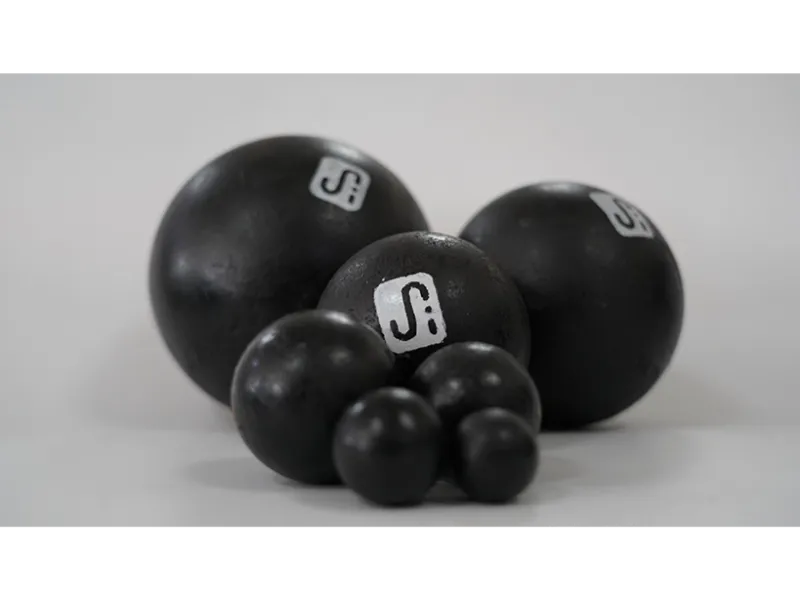
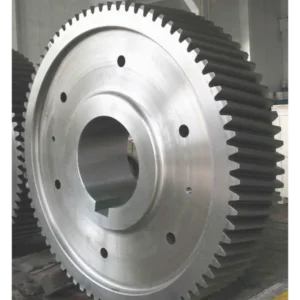
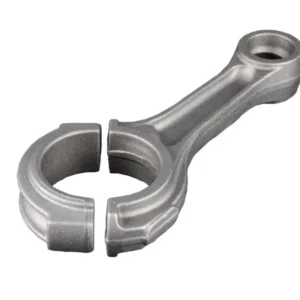
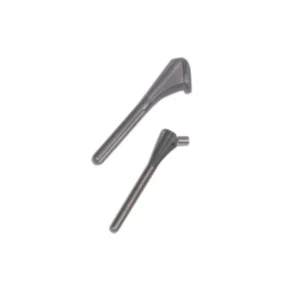
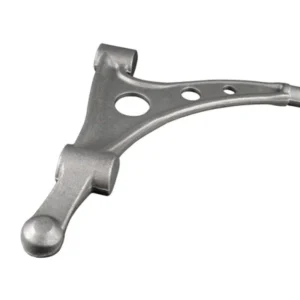
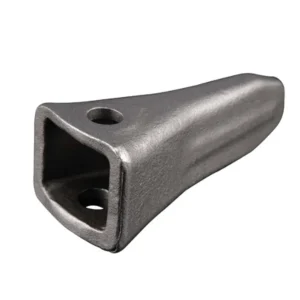
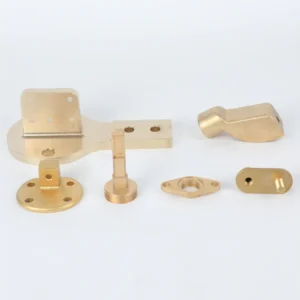
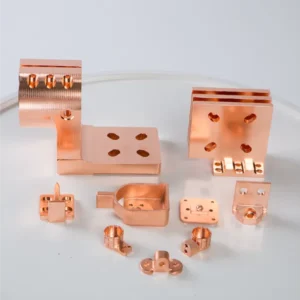
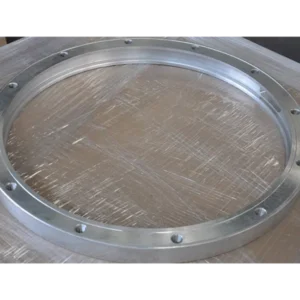
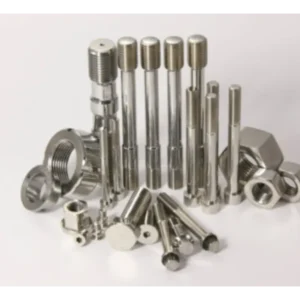
Reviews
There are no reviews yet.